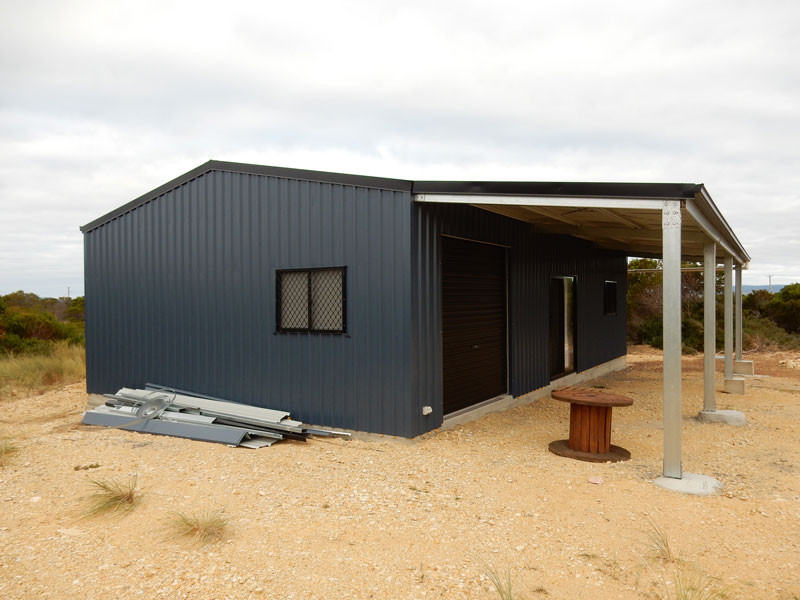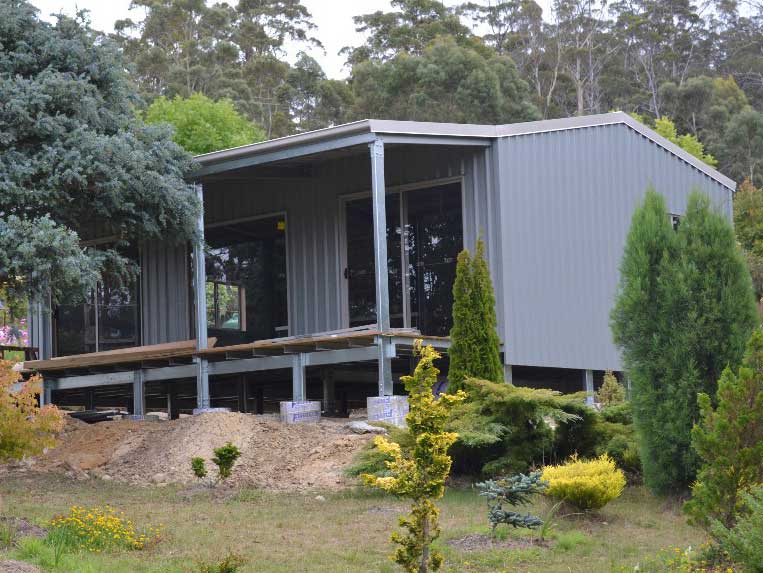The Benefits of Shed Homes
Shed homes are traditional homes that have been adapted for use by a homeless person. They can be donated to a family in need or converted from an old shed into a home for someone with no means of staying warm in the winter or cool in the summer.” They are a new form of affordable housing for the homeless developed in response to a crisis situation by homeless people and researchers interested in homelessness.

 In conclusion, these shows what are shed homes and their benefits on the environment. The process of building and selling shed homes is efficient, low cost, and environmentally friendly. Shed homes are a good alternative to traditional housing.
In conclusion, these shows what are shed homes and their benefits on the environment. The process of building and selling shed homes is efficient, low cost, and environmentally friendly. Shed homes are a good alternative to traditional housing.

The benefits of shed homes
- Sheds already exist
- The design is simple and flexible
- Shed homes can be constructed and adapted quickly
- They can be built and taken down quickly
- They are environmentally friendly
- Shed homes reduce overcrowding
- Shed homes are sustainable
 In conclusion, these shows what are shed homes and their benefits on the environment. The process of building and selling shed homes is efficient, low cost, and environmentally friendly. Shed homes are a good alternative to traditional housing.
In conclusion, these shows what are shed homes and their benefits on the environment. The process of building and selling shed homes is efficient, low cost, and environmentally friendly. Shed homes are a good alternative to traditional housing. 